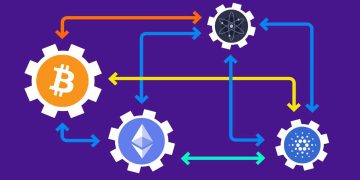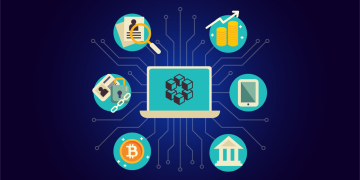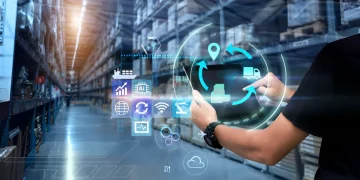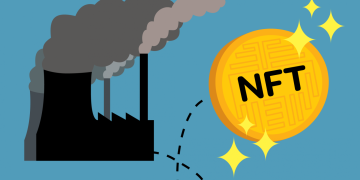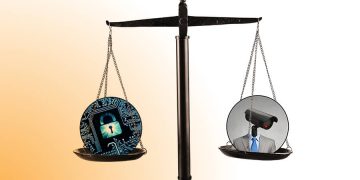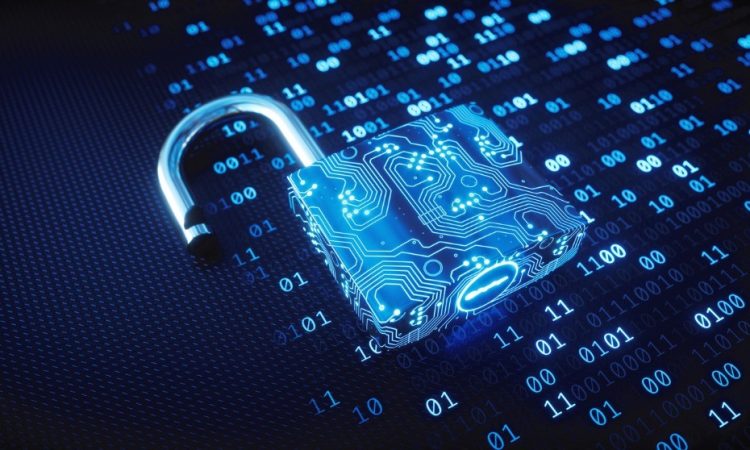Introduction
As businesses continue to evolve in the digital age, transparency has become a pivotal factor in ensuring operational efficiency, trust, and accountability. For industries that deal with high-value products, such as luxury goods, pharmaceuticals, and food safety, ensuring product authenticity and traceability is essential for both consumer trust and regulatory compliance. In this context, enterprise blockchains have emerged as a game-changing technology, offering unprecedented transparency and efficiency in tracking products, streamlining supply chains, and reducing the time taken for information to flow across various stakeholders.
An enterprise blockchain is a permissioned, decentralized network that allows businesses to create private, secure, and efficient systems for data sharing, transaction processing, and record-keeping. It is distinct from public blockchains in that it restricts access to a limited set of participants, ensuring data privacy while benefiting from the transparency inherent in blockchain technology.
This article will explore how enterprise blockchains are ensuring product authenticity, improving traceability, and significantly reducing information flow time within supply chains and other business operations.
1. The Need for Transparency in Modern Business Operations
1.1 The Growing Demand for Authenticity and Traceability
In today’s globalized market, consumers are increasingly concerned with the authenticity and provenance of the products they purchase. This is particularly true for high-end goods such as luxury items, artifacts, and healthcare products. The ability to verify the origin and history of a product not only helps to build trust but also offers security against fraud and counterfeiting.
From the pharmaceutical industry, where counterfeit drugs pose significant risks to public health, to the food industry, where safety and quality control are paramount, the demand for reliable traceability and product authenticity is more urgent than ever. Consumers are no longer satisfied with just receiving a product; they want to know its entire journey—from raw material sourcing to manufacturing, packaging, and delivery.
1.2 Challenges of Traditional Systems
Traditional methods of tracking and ensuring product authenticity—relying on paper records, centralized databases, and third-party verifications—are often inefficient, prone to human error, and vulnerable to manipulation. In many cases, these systems create information silos that hinder real-time data sharing between stakeholders and increase the risk of fraud, inefficiencies, and compliance violations.
For example, a typical product supply chain involves various parties: suppliers, manufacturers, distributors, wholesalers, and retailers. Each of these stakeholders keeps separate records of transactions, which can result in discrepancies or delays in information sharing. This lack of visibility prevents businesses from ensuring the authenticity of products in real-time and slows down decision-making processes.
2. How Enterprise Blockchains Ensure Product Authenticity
2.1 The Role of Transparency in Blockchain Networks
Enterprise blockchains leverage the immutable nature of the blockchain ledger to record every transaction in a tamper-proof, transparent manner. Each participant in the network—whether a supplier, manufacturer, distributor, or retailer—has access to a copy of the same shared ledger. Once data is recorded on the blockchain, it cannot be altered or deleted, ensuring that product authenticity is verifiable at any point in the supply chain.
This transparency not only helps in confirming the authenticity of a product but also enables businesses to create verifiable histories of transactions, which consumers and stakeholders can trust. For example, a luxury watch could have its entire supply chain journey—from raw material sourcing to final sale—recorded on a blockchain, providing irrefutable proof of its authenticity.
Example: IBM’s Food Trust Blockchain
One of the most well-known examples of blockchain ensuring product authenticity is IBM’s Food Trust Blockchain. This initiative connects farmers, suppliers, retailers, and other stakeholders in the food supply chain to provide real-time traceability of food products. By using blockchain, consumers can scan a product’s barcode to trace its journey from farm to table, ensuring its authenticity and quality. The blockchain records every step in the supply chain, ensuring that every piece of information is transparent and accessible.
3. Blockchain and Traceability: Tracking Products Through Every Stage
3.1 Real-Time Tracking of Goods
One of the most powerful applications of enterprise blockchain is its ability to provide real-time tracking of goods across the entire supply chain. Traditional supply chains can be opaque, with delays in information transfer between different parties. By utilizing blockchain technology, enterprises can automate and streamline the information flow, ensuring that every movement of a product—from its origin to its final destination—is logged and visible to authorized participants.
Example: Maersk and IBM’s TradeLens
In the logistics industry, Maersk and IBM have developed TradeLens, a blockchain platform designed to digitize the global supply chain. TradeLens enables real-time tracking of shipments, reducing the time it takes to transfer information between parties and eliminating the need for manual data entry. The platform improves visibility, enabling companies to track products more efficiently, minimize delays, and avoid errors associated with paperwork.
The result is enhanced transparency for every party in the supply chain, enabling them to verify the origin, status, and location of products, ensuring their authenticity and reducing fraud.
3.2 Reducing Counterfeiting Risks
Counterfeiting is a major issue for industries dealing with high-value goods. Fake products often circulate in markets, damaging brand reputation and leading to financial losses. Blockchain’s transparency and immutability make it an ideal solution to combat this problem.
By recording every step of a product’s journey, enterprise blockchains make it almost impossible for counterfeit goods to enter the supply chain unnoticed. Since the information is stored on a decentralized ledger, all participants can verify the product’s history in real-time.
Example: VeChain in the Luxury Goods Market
VeChain, a leading blockchain platform, has partnered with luxury brands to prevent counterfeiting in the fashion and luxury goods industries. By placing RFID chips and QR codes on products, companies can use VeChain’s blockchain to track the authenticity of items at every stage of production, from raw materials to point-of-sale. Customers can verify the authenticity of their purchase by scanning the code, accessing the product’s full history, and confirming its legitimacy.
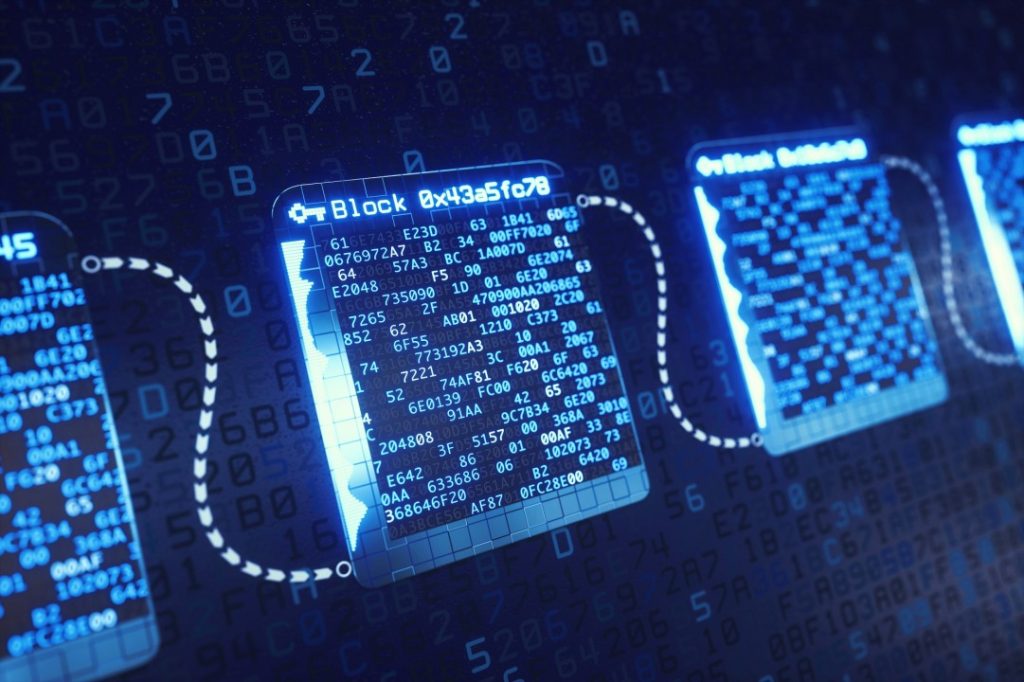
4. Reducing Information Flow Time with Blockchain
4.1 The Speed of Blockchain Transactions
Blockchain technology drastically reduces the time it takes to exchange information between stakeholders. In traditional supply chains, information exchange between different parties often takes days, as data must pass through intermediaries like third-party auditors or banks. With enterprise blockchains, the entire process becomes more efficient, as participants can instantly share data and confirm transactions without intermediaries.
The result is a dramatic reduction in latency for supply chain operations, reducing bottlenecks and improving decision-making speed.
Example: Walmart’s Blockchain for Product Recall
Walmart, in collaboration with IBM, has implemented a blockchain-based system to manage food product recalls. In the past, tracing the origin of a contaminated product could take days, leading to potential health risks. However, with blockchain, Walmart can trace the entire supply chain journey of a product in seconds, ensuring that contaminated products are identified and removed from shelves quickly. This improves response time and ensures the safety of consumers.
4.2 Automating Data Sharing with Smart Contracts
One of the key features of blockchain technology is the use of smart contracts—self-executing contracts where the terms of the agreement are written into code. Smart contracts can automate and enforce conditions such as payments, shipping, and compliance checks, ensuring faster and more accurate execution of transactions.
For example, in a supply chain scenario, smart contracts can automatically trigger payments once a product has been delivered to the correct destination. This eliminates the need for manual intervention and reduces the time spent on administrative tasks.
5. Enterprise Blockchain Challenges and Considerations
While enterprise blockchains offer significant benefits in terms of transparency, product authenticity, and information flow, there are also challenges to consider:
5.1 Data Privacy
While transparency is crucial, it must be balanced with the need for data privacy. Enterprise blockchains need to ensure that sensitive business information and intellectual property are protected while still allowing the necessary transparency for product authenticity.
5.2 Integration with Legacy Systems
Integrating blockchain with existing legacy systems can be complex and costly. Enterprises need to ensure seamless interoperability between blockchain solutions and their existing enterprise resource planning (ERP) systems.
5.3 Regulatory Compliance
As the adoption of blockchain grows, so does the need for compliance with global regulations related to data privacy and product traceability. Companies must ensure that their blockchain solutions comply with regulations such as GDPR, FDA regulations (for pharmaceuticals), and ISO standards.
Conclusion
Enterprise blockchains are revolutionizing the way businesses manage product authenticity, traceability, and information flow. By offering unprecedented transparency, improved efficiency, and real-time data sharing, enterprise blockchains are solving critical challenges in industries ranging from luxury goods to pharmaceuticals to food safety.
As businesses continue to face mounting pressure to ensure product authenticity and streamline operations, enterprise blockchains present an invaluable tool for achieving these goals. Despite challenges in privacy, integration, and regulatory compliance, the benefits of blockchain in ensuring product integrity and reducing information flow time make it a compelling choice for enterprises looking to enhance trust and operational efficiency.

